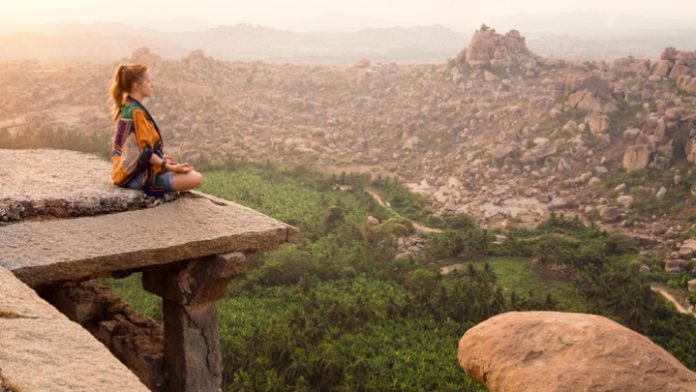A recent decision by India’s government seeks to broaden the scope of medical tourism visas to include natural and alternative medical treatments, including Yoga. Medical visas can also now be issued within 24 hours.
Despite these changes, difficulties still remain for travellers even if they qualify for medical tourism visa entry. International flights from the Middle East, Europe and countries in the Asia Pacific are limited, which will hamper efforts to generate a flow of medical tourists to India from traditional source markets.
Domestic flight capacity is strained, with reduced services between major cities in India, and is likely to remain so for many months.
The government plans on restarting international tourism in 2021 and medical tourism is high on the agenda. International flights are set to resume soon.
The tourism ministry’s plan will present India as a preferred destination for medical tourism, cutting across the streams of Allopathy, Ayurveda, Naturopathy and Yoga. Discussions are underway between the National Medical and Wellness Tourism Board and Union, Culture and Tourism Minister, Prahlad Patel.
Indian hospitals are being encouraged to secure accreditation through the Joint Commission International (JCI), which is considered the global standard for hospitals regarding patient safety and service quality.
India’s Prime Minister Narenda Modi wants to make India the top global destination for wellness tourism, particularly for Ayurveda and Yoga. Pointing to growing global interest in Yoga and meditation, he said India’s idea of wellness goes beyond merely curing disease to a focus on preventive healthcare.
The tourism ministry wants tie-ups between Indian insurance companies and international inbound tourists to offer cover or allow the visitor’s own insurance policy to cover treatment costs once in India but the latter could be a global regulatory nightmare.
Indian authorities also want to simplify and stimulate the development of tourism, by introducing a vaccination certificate for tourists. They claim that the vaccination certificate will help build confidence among people, making it easier for travellers to move around and revitalising the tourism sector.
India may also become a country with a secondary market for vaccines, where locals or foreign visitors could pay for a vaccination if not eligible to be inoculated under their own government’s scheme.
Private hospital chains such as Apollo Hospitals and Fortis Healthcare continue to witness a recovery in international arrivals in the last six months. The number of medical tourists is significantly lower compared with pre-COVID-19 levels due to restrictions on international flights, possibly as few as 10% of former levels, mostly from Bangladesh. Once flights resume, the number of inbound medical tourists is expected to rise quickly. For hospital groups the lack of international patients is painful – while medical tourists account for only 10% of patient numbers they account for 20% of revenue.








 ©2024 All rights reserved LaingBuisson
©2024 All rights reserved LaingBuisson 


